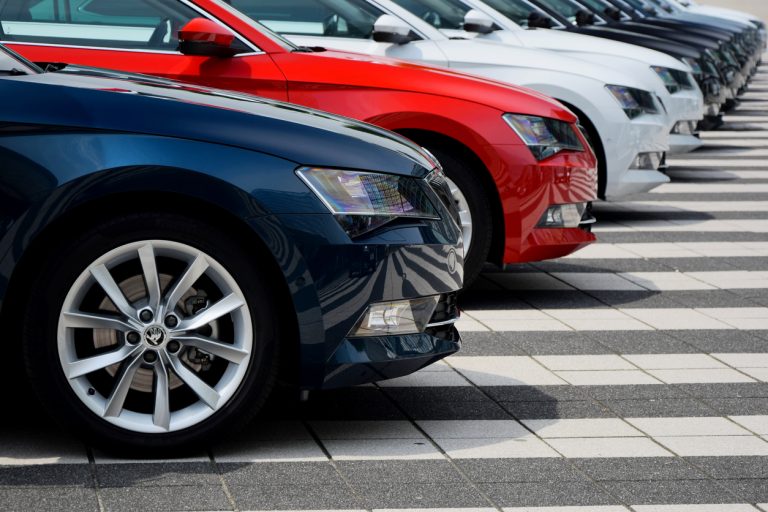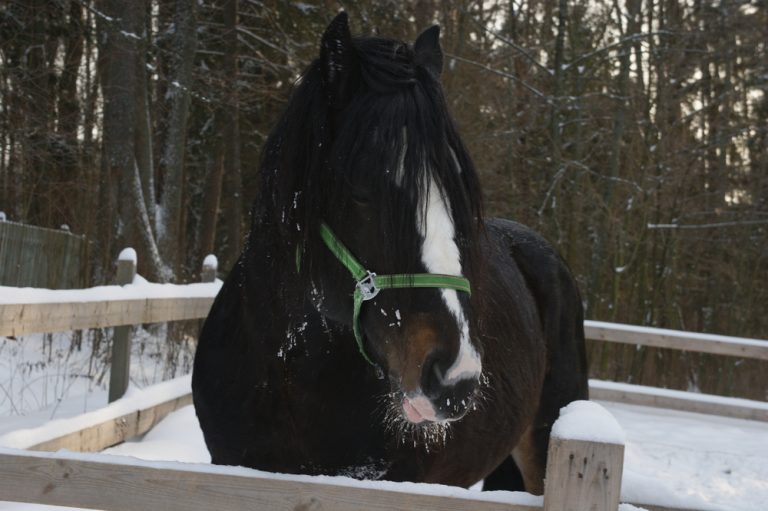If you are a horse racing fan and you’re confident that you know the sport inside out, allow this article to maybe knock you off your high horse with some trivia about this game that you may never have heard.

- Horse meat anyone?
Hackney race horses, unfortunately, don’t retire to some rural stable where they get to ruminate on the good old race days while watching the sun get down off its straddle. The darker truth, according to an animal right organisation in the UK, they get turned into doggy biscuits instead! That’s right; it’s the slaughterhouse for these (sadly) one-time reigning champs.
- To flog a dead horse
is fitting seeing as the horse might probably collapse on the finish line from getting jabbed in the side by the frenzied kicking off its jockey. In addition to this, despite regulations by various bodies, the RSPCA, for instance, has forbidden this kind of sportsmanship on track. Sadly, though, it is a competitive sport with high stakes riding on wins so many of these regulations are not properly enforced much to the horse’s chagrin.
- Get off that high horse
Apparently, horses do drugs, and we’re not talking hay here, but steroids and other performance enhancing drugs. Like in all performance sports, pressure is great; riders tend to boost the steeds output by getting in a shot or two. This is done to relieve pain and of course win the game, but the unfairness of this is that it’s the poor horse that has to deal with the nasty side effects of these drugs and not the rider.
- Chariots of fire

According to the popular nineties flick, no one died at the end of the race. But many racing fans have been treated to last gallops of steeds that reportedly died in the middle of a race or after. Crowds of major events, like the Grand National and the Cheltenham (see cheltenhamfestivaluk.com for more info) know this to be true. Unfortunately, this hasn’t dampened anyone’s spirit as recent bookings and ticket sales have never been better, again another loss for the stars of the show, the horses. Which brings us to our next factoid:
- Horses are expendable?!

Ignore that sentimental Sea Biscuit and black stallion stuff that they put on the screens, the ugly truth is that jocks don’t give that much of a cuss whether they lose their steed or not. A horse is just as good as its next win appears to be the mantra with these athletes. Jockey Ruby Walsh received flak for insensitive remarks made over the death of his racing partner Our Conor, and this was at Cheltenham. And that is straight out of the horse’s mouth mark you.
- Foal play
The old adage “get ‘em while they’re young” doesn’t apply to just Asian sweat shop workers anymore; horses are raced young too. The science here is that, due to the underdeveloped sinews and bones of the younger steeds, rough riding only wears them out more. So before they get to the age where peak performance is expected the animal is already too worn out to perform.
- Money matters
Bookies and race horse betting is just one of the highlights of this beautiful game, but findings show that this might be the only attraction to this ancient game. Many of the owners of race horses in many major events seem to value the winnings more than the true winners of these races and that is the horses themselves.
- Every horse’s nightmare
Every young jockey dreams of competing and with some luck winning a run at the prestigious Aintree of the Grand National. Apparently, this would be a neigh for the horses. Reputed as being one of the most dangerous tracks for Horses; reason here cited in the form of a hurdle called “Becker’s Brook” (chills), riders have tumbled to their deaths trying to jump their horse at this point of the race.
Reasonably, adjustments have been made to make it less dramatic, but it appears all the blood gore and mayhem of the gladiatorial games (in ancient days) is what causes the fans to line up and maybe hope to see a poor horse jock and all get wide-flung across the track and land in the dirt-grass track below.
Investing in horse racing shares allows enthusiasts to partake in the exhilarating world of thoroughbred racing while diversifying their investment portfolios.


















 Bitcoin
Bitcoin  Ethereum
Ethereum  Tether
Tether  XRP
XRP  USDC
USDC  Lido Staked Ether
Lido Staked Ether  TRON
TRON  Cardano
Cardano  Avalanche
Avalanche  Toncoin
Toncoin  Solana
Solana